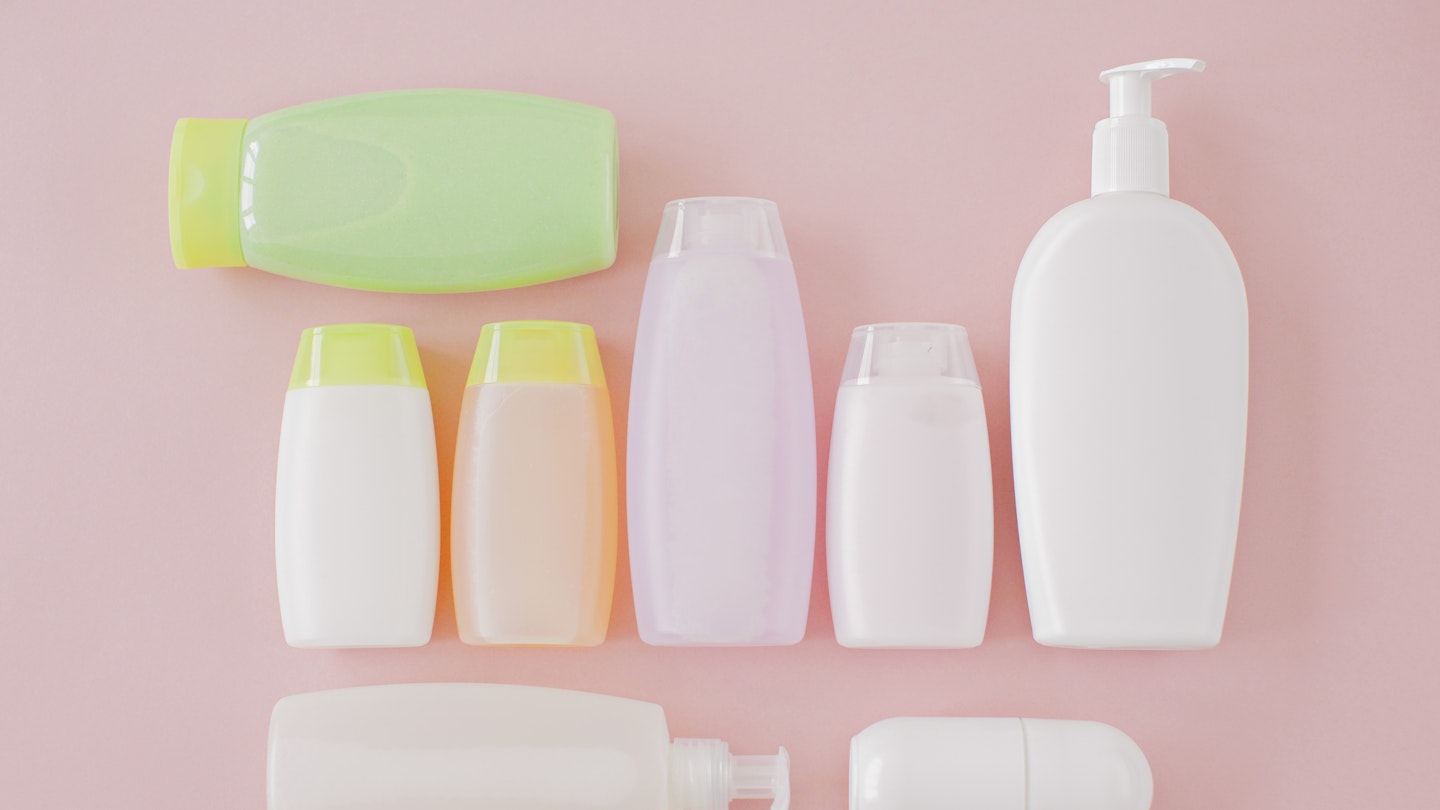In the world of beauty, 'paraben-free' is a claim that comes up time and time again. 'It has almost become a marketing term to assure customers that the product or brand is aspiring to the ‘Clean' movement,' states Alexia Inge, CEO and Co-Founder of Beauty Etailer, Cult Beauty. And it seems to be an increasingly popular requirement for consumers, with Cult Beauty reporting a 95% growth in searches for 'paraben-free' products in the last two months alone.
'Consumers today are hyper-informed, and taking charge of the ingredients they do and don’t want in their products,' explains Inge. 'It’s something we encourage on Cult Beauty, in fact on the site you can filter by ingredients you do and don’t want.'
But what actually is a paraben and should we really be avoiding them? We've spoken to the industries experts to find out...
So, what exactly is a paraben?
‘Parabens are a type of preservative used in many health, beauty and personal care products to prolong shelf life and prevent the growth of harmful moulds and bacteria within them,’ explains Michele Scot-Lynch, founder of haircare brand Bouclème. ‘They were first introduced in the 1950s and the most commonly found parabens are butylparaben, methylparaben and propylparaben.’
Are parabens bad for you?
Parabens have received a bad rep over the past few years due to emerging research that claims they disrupt hormone function as they mimic oestrogen. ‘In 2004 a British study found traces of five parabens in the breast tissue of 19 out of 20 women studied. The study didn’t prove that parabens cause cancer, but identified that the parabens were able to penetrate the skin and remain unchanged (not metabolised by the body) in breast tissue,’ explains Scot-Lynch.
‘Many experts say that the research quoted as proof that parabens are bad is scientifically floored,’ states Inge. ‘This is because they reference a concentration exposure one would never receive.’ Scot-Lynch seconds this and points out the percentage of preservative generally used in a product formulation is very small and it’s thus very difficult to say if parabens are categorically ‘bad’ for us.
‘Consumers, however, have lost all trust in the ingredient and therefore brands are catering to their wishes,’ says Inge. ‘Some parabens have since been banned by the EU (isopropylparaben, isobutylparaben, phenylparaben, benzylparaben, and pentylparaben), while smaller sized molecule parabens (methyl-and ethyl paraben) are considered safe to use and the EU is considered to be one of the most protective regulators in the world when it comes to beauty products.’
Should we be investing in paraben-free products?
‘There are many other preservatives now available,’ says Scot-Lynch. ‘Manufacturers are continuously creating new and effective preservatives all the time so there is a greater choice currently available to formulators. A broad-spectrum preservative can guard against bacteria as well as moulds and fungus.’
For an approved preservative listing, refer to ECOCERT - a certification body for the development of standards in natural and organic cosmetics.
If you are concerned about parabens, shop our paraben-free picks here:
Paraben-free cosmetics - Grazia
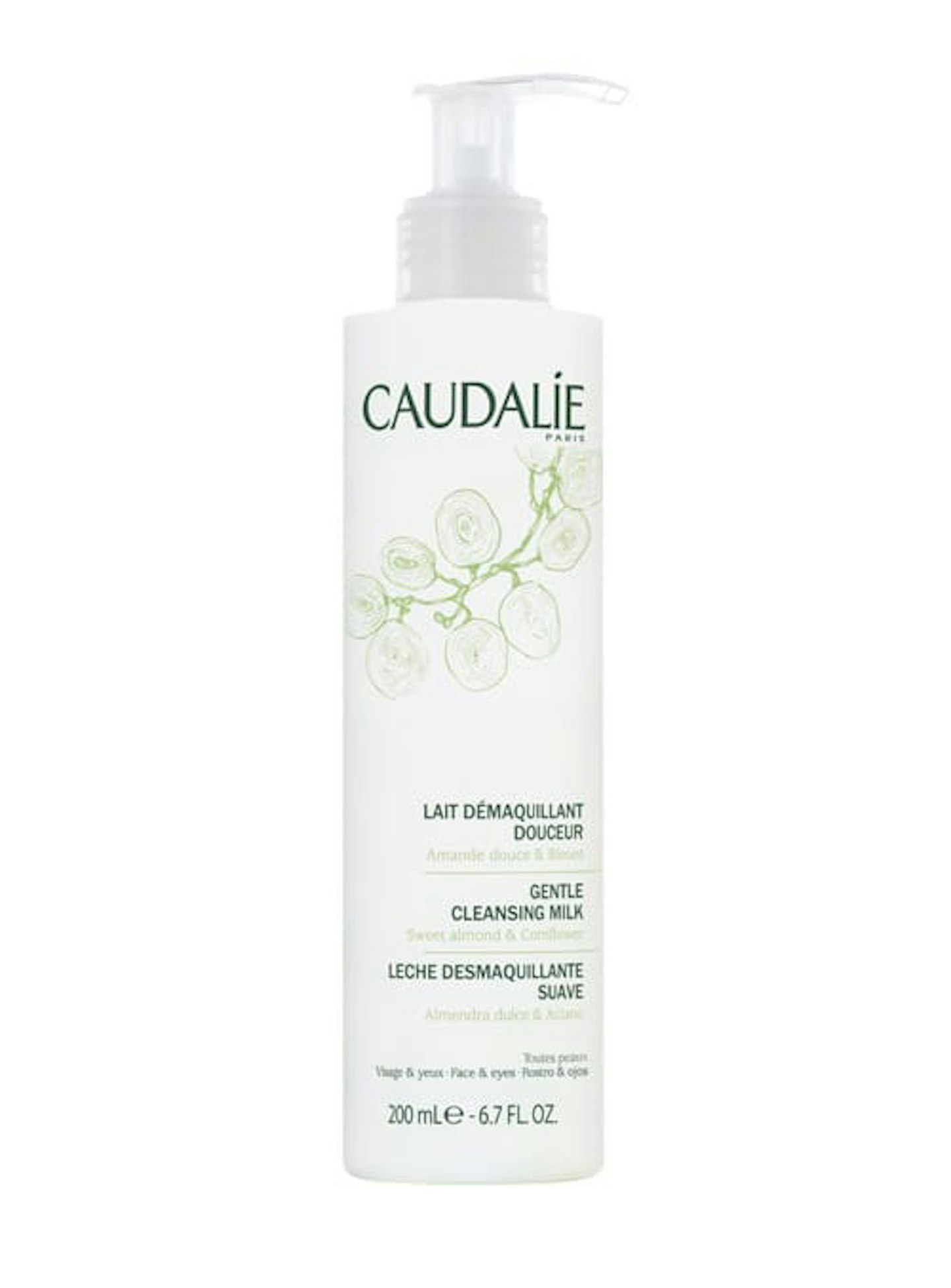 1 of 5
1 of 5Caudalie Cleansing Milk, £19
Caudalie is a brand that prides itself on being completely paraben-free, and its cleansing milk is hypo-allergenic, non-comedogenic so perfect for those of us with sensitive skin.
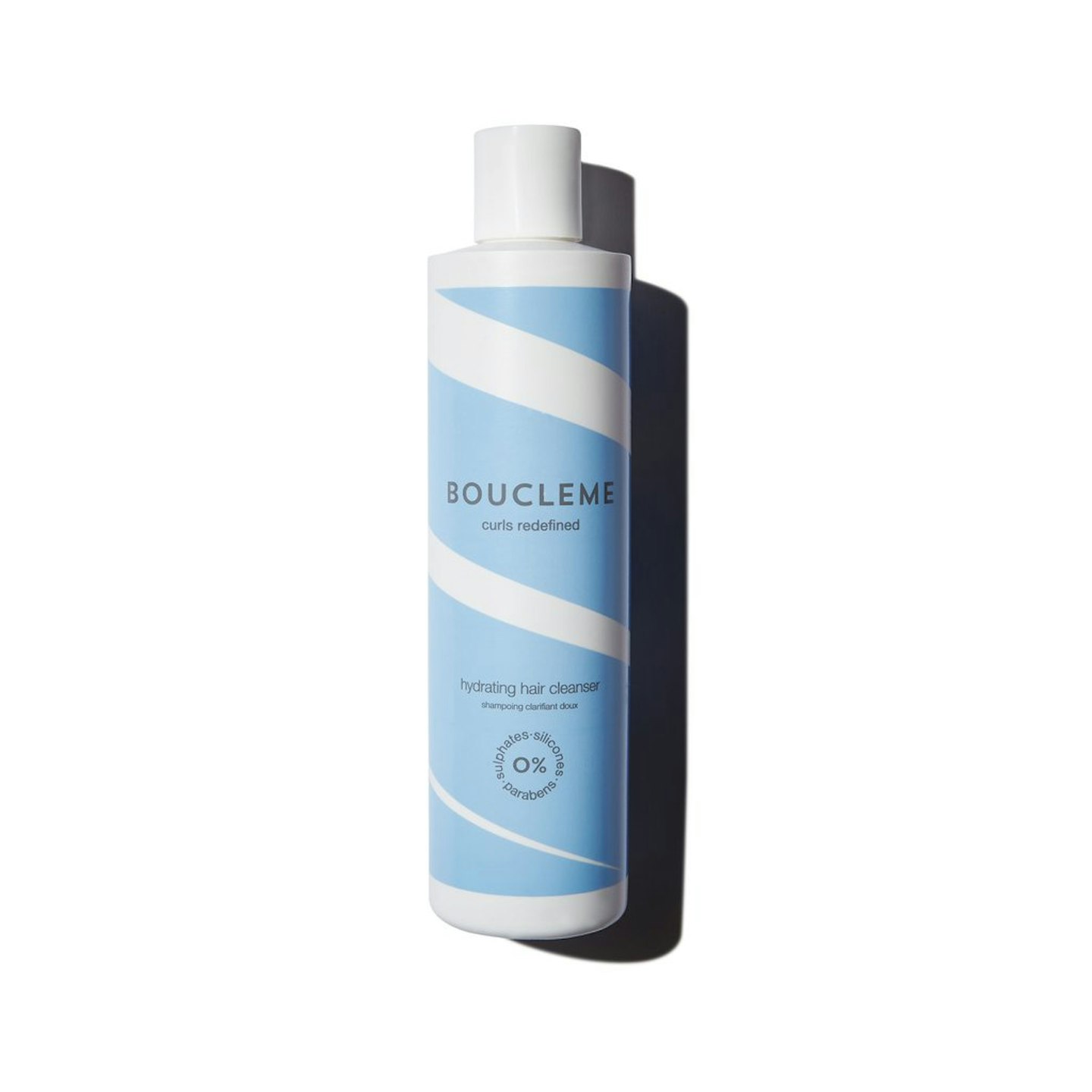 2 of 5
2 of 5Boucleme Hydrating Hair Cleanser, £15
Sulphate-free and paraben-free, this low foaming shampoo gently cleanses the hair and scalp whilst boosting volume with sea salt.
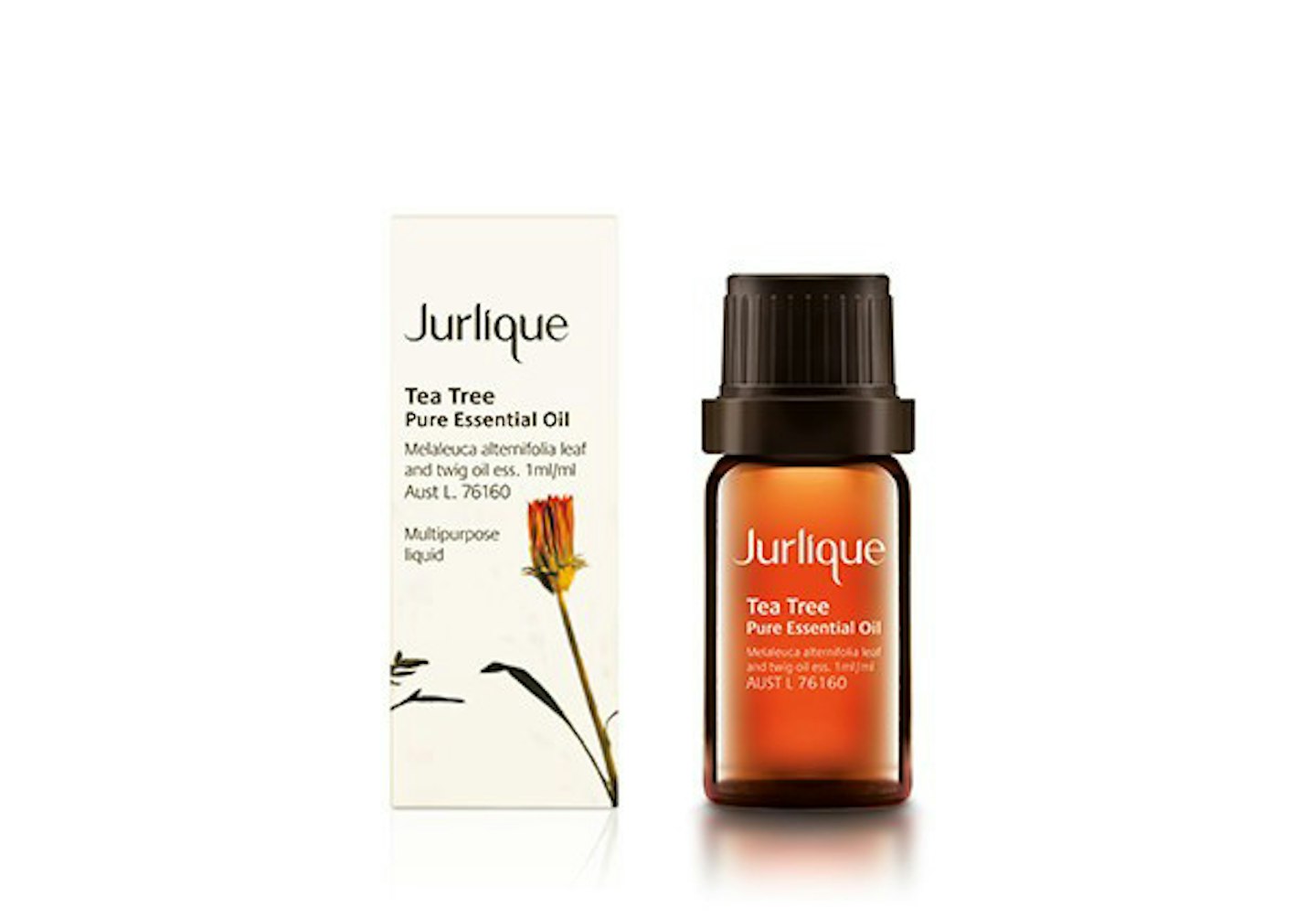 3 of 5
3 of 5Jurlique Tea Tree Pure Essential Oil, £16
This paraben-free oil is great for sensitive and easily-irritated skin and works to heal minor wounds and abrasions. Its ingredients list contains melaleuca alternifolia (tea tree) leaf oil only - it doesn't get any purer than that.
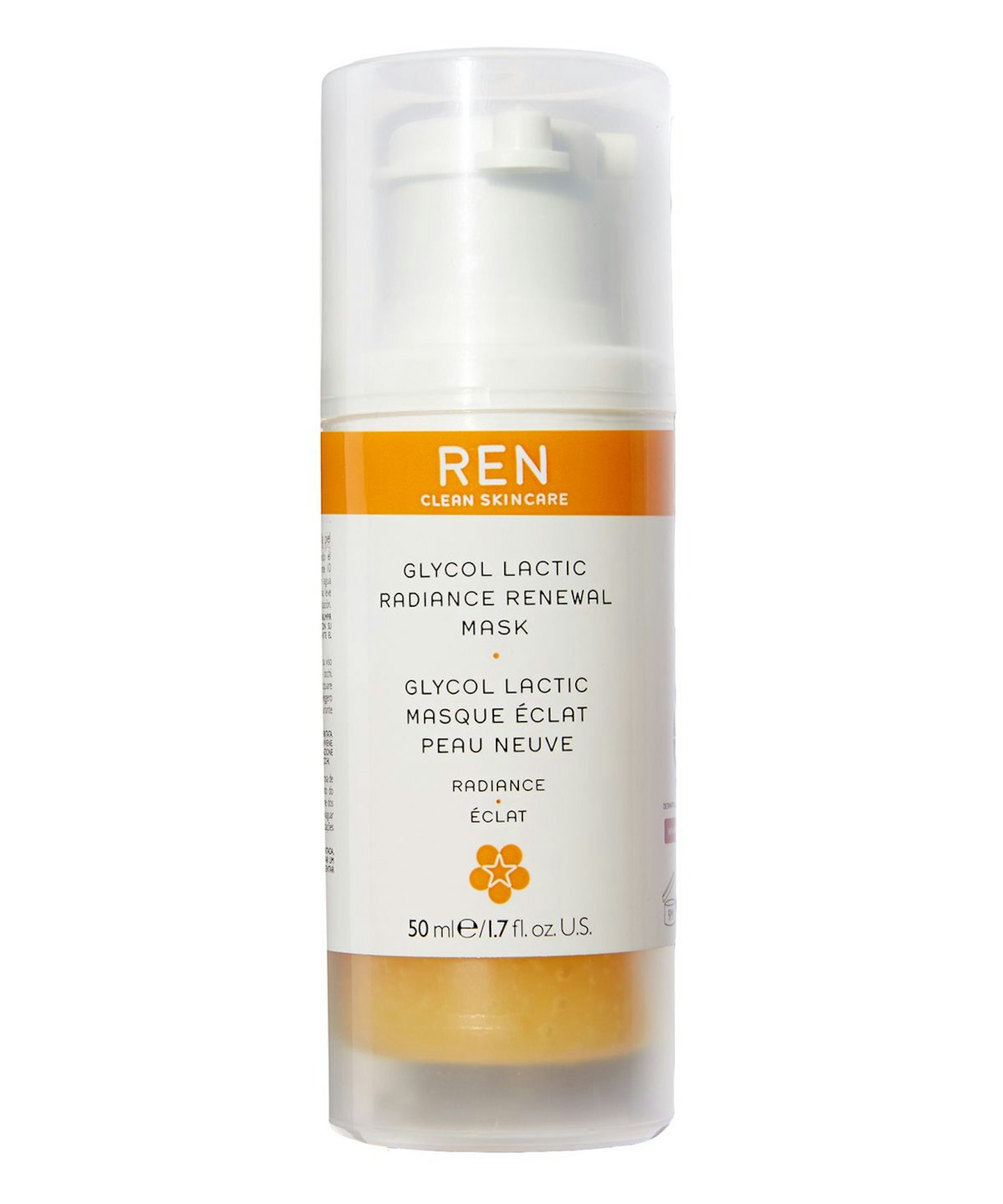 4 of 5
4 of 5REN Glycol Lactic Radiance Renewal Mask, £36
REN cosmetics are free from synthetic fragrance and colours, PEG's, propylene glycol, phthalates, sulphates, silicones and parabens. We love this glow-giving face mask formulated with 100% pure fruit acids.
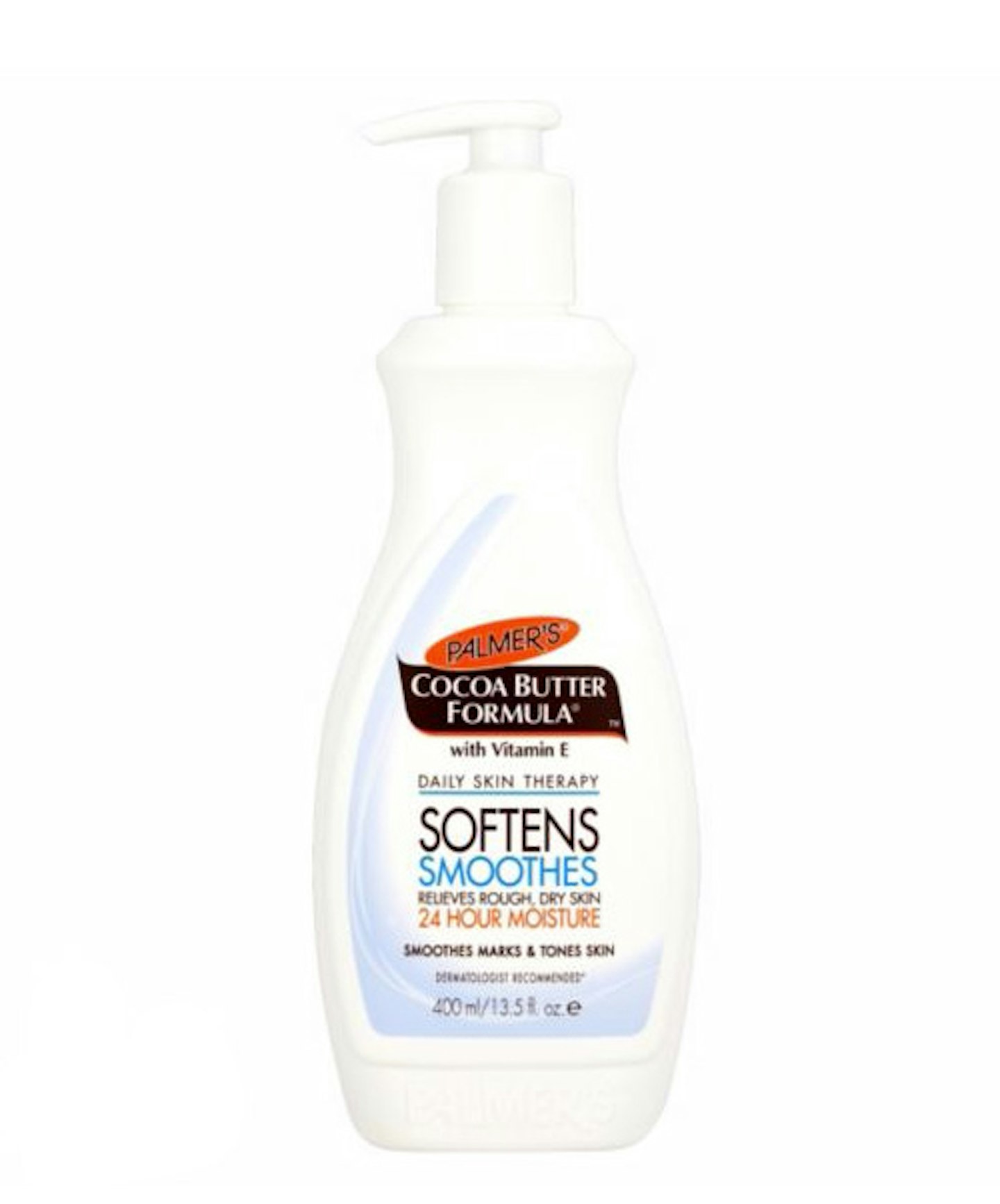 5 of 5
5 of 5Palmer’s Cocoa Butter Formula Pump Body Lotion, £5.99
A cult classic. This divine-smelling body lotion is paraben-free and keeps skin hydrated for long periods of time.
